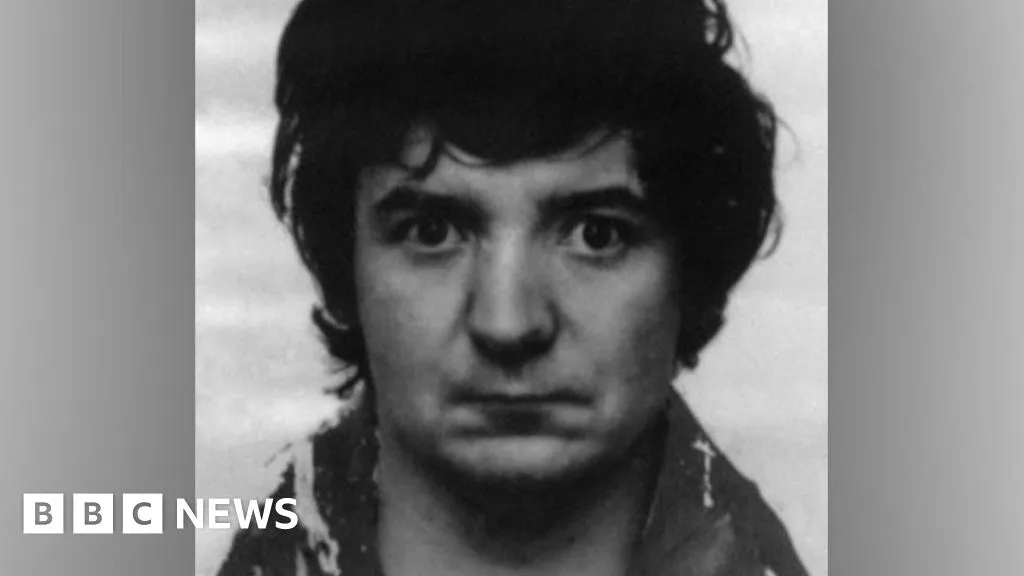Lawyers for Peter Sullivan, who spent 38 years in prison for a murder he did not commit, have called for more "flexibility" in the appeals system.
Mr Sullivan, 68, was freed this year after being jailed in 1987 for the murder of 21-year-old Diane Sindall in Birkenhead.
Mr Sullivan has been called the victim of Britain's longest-running miscarriage of justice involving a living inmate - after an earlier approach to the Court of Appeal highlighting disputed bite-mark evidence and the reliability of his apparent confession was rejected in 2021.
In May, judges accepted DNA recovered from Ms Sindall's clothing proved someone else murdered her, but the technology did not exist when he was convicted.
That test found a male DNA profile from semen cells that comprehensibly ruled out Mr Sullivan.
Lord Justice Holroyde, sitting with Mr Justice Goss and Mr Justice Bryan at the Royal Courts of Justice in London in May, quashed Mr Sullivan's murder conviction.
The judges said they had "no doubt that it is both necessary and expedient in the interests of justice" to admit the new DNA evidence.
"In the light of that evidence, it is impossible to regard the appellant's conviction as safe," Lord Holroyde said, speaking earlier this year.
Mr Sullivan's legal team had asserted the conviction should also be quashed because the jury in his original trial was told bite marks on Ms Sindall's body matched Mr Sullivan's teeth.
Defence barrister Jason Pitter KC told the appeal hearing in May that bite marks were "not a reliable form of science for personal identification".
Mr Pitter also said Mr Sullivan’s apparent confessions to police, at the time of his questioning in the 1980s, were later established as "inherently unreliable" because of his "limited intellectual functioning" which led to a "tendency to engage in make-believe to an extreme extent".
Mr Sullivan was denied access to legal advice for some of his police interviews and his appeal hearing was told he was "extremely vulnerable in an interrogative situation".
However, the Appeal Court judges declined to allow criticism surrounding bite-mark evidence and his so-called confession to be admitted as "fresh evidence", meaning they were not used as grounds to quash Mr Sullivan's murder conviction.
"Court of Appeal procedure and the legislation that covers what they can and cannot accept is really quite rigid," Mr Sullivan's lawyer, Sarah Myatt, said.
"Sometimes a little bit more flexibility and more of a wider look at a case would be more helpful.
"If you accept the DNA evidence, and you accept that that shows that Peter did not commit this offence, then you have to accept that his confessions were not reliable - and also that the bite-mark evidence is unreliable."
A judge at the previous appeal hearing in 2021 - brought by Mr Sullivan's legal team before the new DNA evidence was available - refused to admit their criticisms of the bite-mark evidence and the apparent confession as "fresh evidence", but Ms Myatt said the legal team had since "added to" their case.
Nonetheless, announcing the Court of Appeal's decision in May, Lord Holroyd said he and fellow members of the panel were "not persuaded" that they should come to a different conclusion than previously, adding that criticisms of the bite-mark evidence and the confessions were discussed in detail in front of the jury at the 1987 trial.
Ms Myatt said confirmation that the confession and bite-mark evidence were wrongly used would be "important [to Peter] as a person - to know that that's accepted".
Legal charity Appeal represented Andrew Malkinson, whose conviction for a rape in Salford in 2004 was overturned in 2023 thanks to new DNA evidence.
Matt Foot, from the charity, said people who have "powerful evidence that clearly would have impacted on a jury's decision" are being "left without justice, in a miserable position" because the Court of Appeal is refusing to admit the evidence presented "on a technicality".
He said it had "become something of a culture" for the Court of Appeal to "refuse cases on the basis of not passing the fresh evidence test".
The Law Commission has been commissioned by the government to come up with proposals to change the appeals system.
It has suggested the Court of Appeal should be more open to accepting "fresh evidence" so it can be considered in appeals.
Responding to a consultation on those proposals, the charity Appeal said Mr Sullivan’s case demonstrates that “root and branch changes are needed to ensure that wrongful convictions are remedied at the earliest opportunity”.
“Fresh evidence appeals are dismissed despite often compelling evidence undermining the safety of the conviction,” it stated.
A Ministry of Justice spokesperson said “We acknowledge the grave impact miscarriages of justice have, and are committed to supporting individuals in rebuilding their lives."
"The Law Commission is currently consulting on the law relating to criminal appeals. We will consider their findings before deciding on any action in this area."
